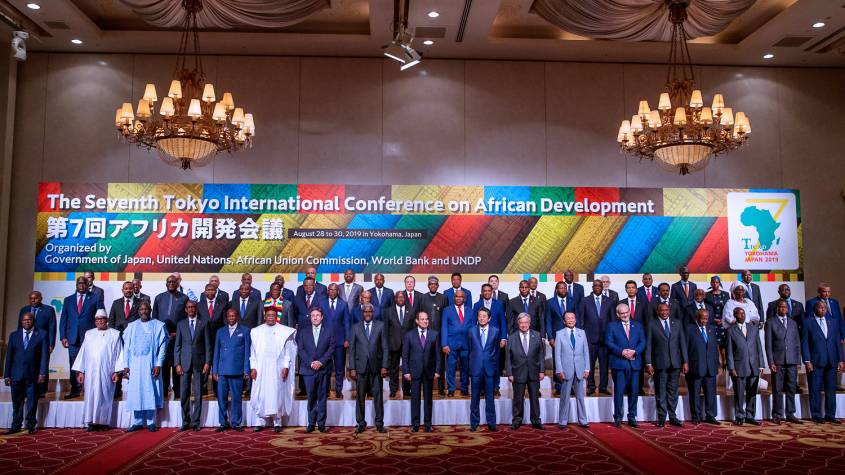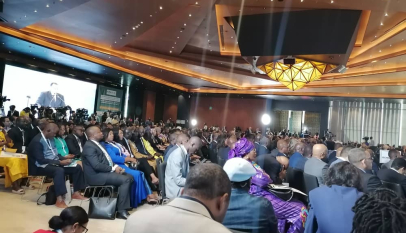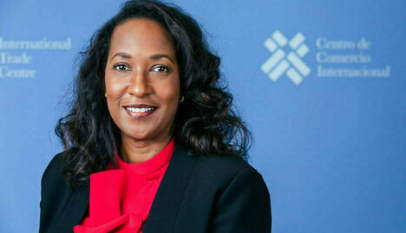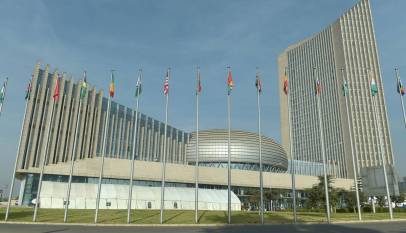EDITORIAL | TICAD7: A big opportunity for Africa’s economic growth
The 7th Tokyo International Conference on African Development (TICAD7) held last week, at Yokohoma, Japan, under the theme: “Africa and Yokohama, Sharing Passion for the Future,” presented an array of opportunities for economic growth and prosperity on the continent
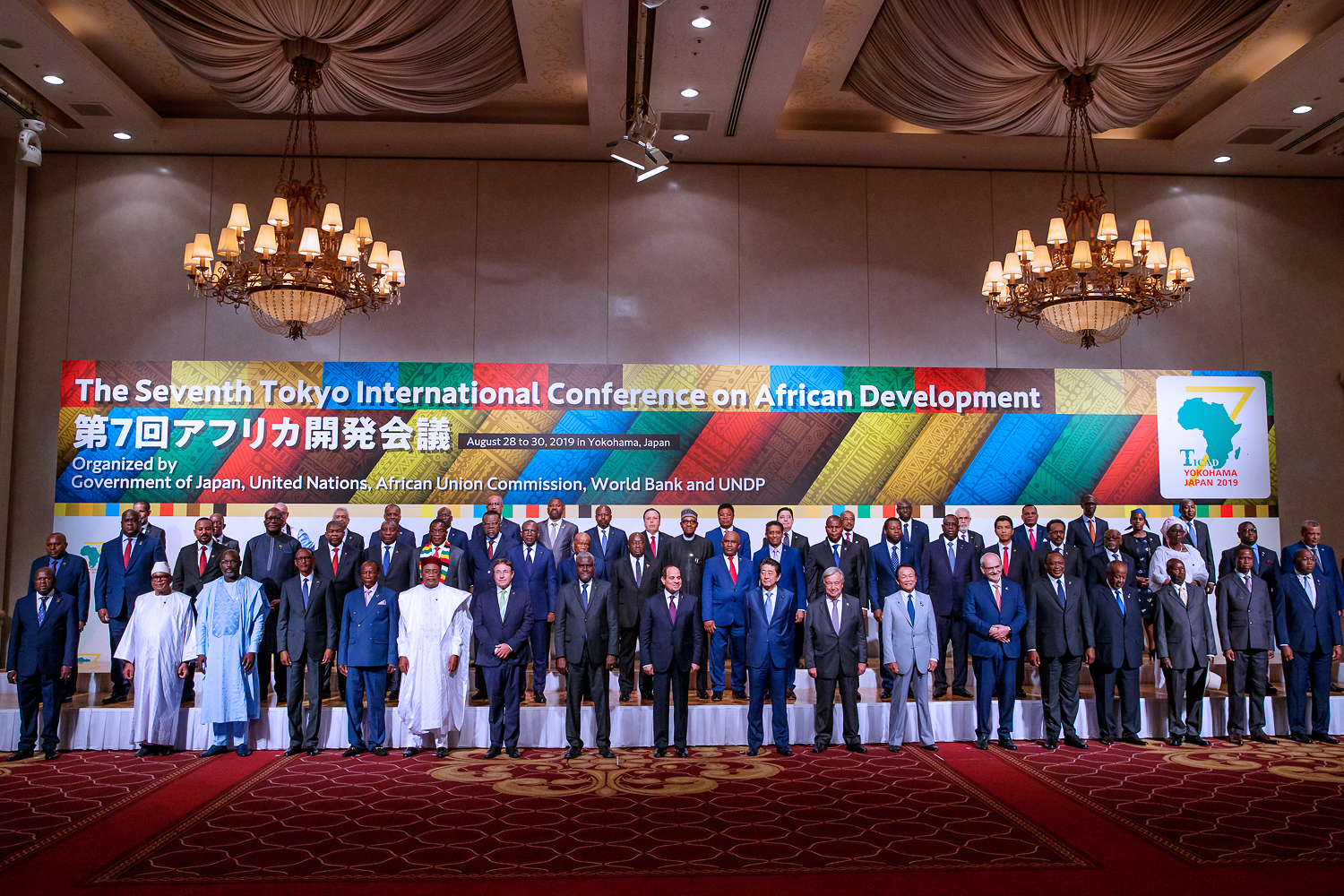
Africa is hugely endowed with abundant human and natural resources making it, potentially, one of the richest continents of the world. Africa, for instance, is home to about 1.2 billion people – accounting for 16% of the world`s total population – with an aggregated Gross Domestic Product (GDP) of about US$2.5 trillion. Thus, for long, Africa has remained a go-to business and investment destination for the world’s economic giants namely the US, UK, China as well as Japan while also benefitting from international humanitarian and economic aid from the same countries.
For more than three decades now, Japan has made huge investments in Africa, in the form of economic and humanitarian aid. For example, in April this year, the Government of Japan donated about $1.5 million to fund community stabilization activities in Nigeria’s ravaged Northeast region, aimed at supporting victims of Boko Haram insurgency in the states of Adamawa, Borno, and Yobe. The project is being implemented by the United Nations Development Programme (UNDP).
Against this backdrop, the Tokyo International Conference on African Development (TICAD) is an initiative of the Government of Japan that was launched in 1993 “to promote high-level policy dialogue between African leaders and development partners.” The triennial event is co-organized by the UN, United Nations Development Programme (UNDP), World Bank, and African Union Commission (AUC). More recently, TICAD has transformed into a major global hub for promoting development and investment initiatives in Africa, one driven by the notion of ‘ownership’ and ‘international partnership.’
Hence, the 7th Tokyo International Conference on African Development (TICAD7) under the theme: “Africa and Yokohama, Sharing Passion for the Future,” aimed to foster sustainable economic development between Africa and Japan. The three-day event held at Yokohama, Japan’s second most populous city, between August 28 and 30, had in attendance about 26 African heads of state including President Paul Kagame (Rwanda), Muhammadu Buhari (Nigeria), Cyril Ramaphosa (South Africa), and Abdel Fattah el-Sisi (Egypt), who is also the current President of the AU, amongst others.
While addressing African leaders at the conference, Japanese Prime Minister Shinzo Abe underscored Japan’s interest in the development of Africa`s infrastructure and human capital; hence Japan’s pledge to invest US$20 billion on the continent through various Japanese private companies over the period of three years, to create job opportunities and consequently transform Africa’s economy. According to reports, Japan also seeks to train about 3,000 people over a period of six years under a human resource development program for Africa, so as to create a pool of African experts that would contribute to the promotion of Japan-Africa business relations.
Also at TICAD7, the Government of Japan and the African Development Bank (AfDB) jointly announced a $3.5 billion deal for private sector investment in Africa through AfDB`s Enhanced Private Sector Assistance for Africa (EPSA) initiative, aimed at stimulating private sector activity in Africa, particularly in the areas of transport, electricity, and healthcare; the Japan-AfDB partnership will be implemented between 2020 and 2022.
Amongst others, TICAD7 focused on core issues relating to Africa’s development namely economic transformation and improvement in business environment and institutions, through private investment and innovation as well as promotion of resilient and sustainable society for human security, peace and stability in Africa.
Africa is blessed with abundant oil and natural gas reserves as well as a vast array of mineral resources. Ironically, the continent`s abundant natural and human resources have, thus far, only translated into improved livelihoods for a few, while hundreds of millions of Africans languish in extreme poverty and penury; coupled with high rates of unemployment among young people.
As the continent`s working-population is projected to reach 1.4 billion by 2050 – surpassing those of China and India – the 7th Japan-Africa development conference presented great opportunities for economic growth and development on the continent. Consequently, African leaders must leverage these opportunities to attract Japanese private sector investment in the areas of trade and industry into their respective countries. These will no doubt result in huge opportunities for jobs creation, inclusive economic growth and prosperity on the continent.

